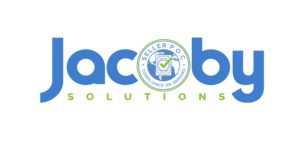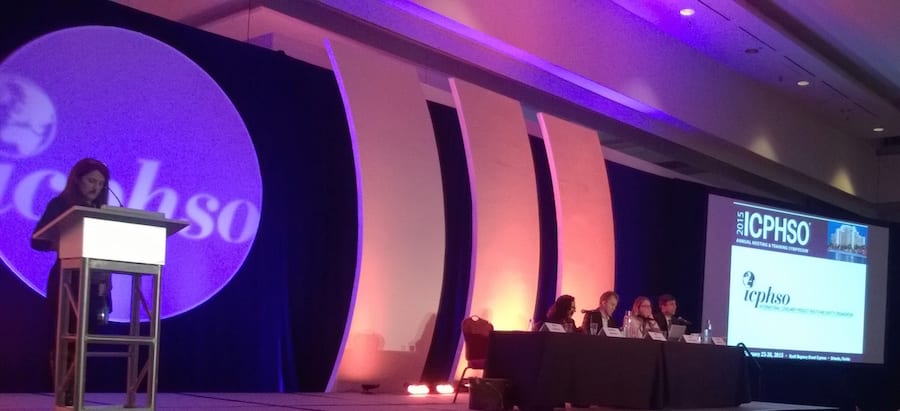Small Batch Manufacturers – Time to Register for 2016
 If you are a registered small batch manufacturer with the U.S. Consumer Product Safety Commission (CPSC) for calendar year 2015 and you wish to continue in this status, you must register again for calendar year 2016. Registration must be submitted annually.
If you are a registered small batch manufacturer with the U.S. Consumer Product Safety Commission (CPSC) for calendar year 2015 and you wish to continue in this status, you must register again for calendar year 2016. Registration must be submitted annually.
If you have not previously registered your small business with CPSC, but now wish to do so, please follow the instructions below but note that you will first have to create a user ID and password before you will be able to follow all of the steps below.
Registration is now open for calendar year 2016.
If you wish to register as a small batch manufacturer for calendar year 2016, your registration must be based upon the total number of the same product units sold (7,500 units) and the total gross revenues ($1,086,627 or less) from the sales of all consumer products in the previous calendar year – January 1, 2015 through December 31, 2015. If you meet those two requirements (the total gross revenues figure has been updated for inflation this year), you may now register for calendar year 2016 by logging into your user account in the Business Portal at: www.SaferProducts.gov.
Step 1: Login: When you log in to your account at: www.SaferProducts.gov and you click the “Small Batch Manufacturer” tab with your cursor, you will be asked to attest that your company satisfies the criteria you first used to register; the criteria are nearly the same as last year and only the gross total revenue figure has been updated to account for inflation.
If you do not see the “Small Batch Manufacturer” tab on your screen when you login, you may be using the wrong email login. Remember that you may have used multiple emails when you created your account. You should use the Business Account User ID login, which is often a general address, such as info@company.com, and not your personal or other email address, such as neal@company.com. If you login correctly, you will be able to see all the tabs, including ‘Small Batch Manufacturer.’ If you need further assistance logging in, contact Clearinghouse@cpsc.gov.
Step 2: Registration: Once you are certain that you can attest to the truth and accuracy of the statements for your sales and your revenues in calendar year 2016, you may check the boxes and submit your registration. Within the next day or so, you will receive a confirmation e-mail message with your new, unique Small Batch Manufacturer Registration Number for 2016. *Please save that e-mail message for your reference.*
Please note that when you log in to your account after your registration for calendar year 2016 is accepted, your Business Portal account will display your unique Small Batch Manufacturer Registration Number for both calendar year 2015 and calendar year 2016. Please use the appropriate number (from 2015 or 2016, based on the date of your product’s manufacture or final assembly) in drafting your Children’s Product Certificate.
Total Gross Revenues: Note that the total gross revenues for your company from the prior calendar year (e.g., calendar year 2015 sales to qualify for calendar year 2016) from the sale of all consumer products must be $1,086,627 or less.
(If your company’s revenues are currently $900,000 or more, we recommend that you defer registering with the CPSC until the final 2015 figures are released – the figure above will not be finalized until early 2016. The size of the final inflation adjustment is still unknown. If you register before the release and your revenues exceed the maximum allowed amount as adjusted in 2015, you must notify the CPSC to cancel your registration.)
Registration is ongoing, and you may register at any time during the next calendar year – through December 2016.
Assistance: If you have any questions or require assistance with the registration process, please e-mail: clearinghouse@cpsc.gov.
If you have any questions about how registration as a small batch manufacturer with the CPSC affects your obligations to test and certify your products as compliant with applicable consumer product safety rules or compliance with other CPSC rules, regulations, standards, or bans, please review the program information at: www.cpsc.gov/smallbatch. If you need further assistance, please e-mail Neal Cohen at: ncohen@cpsc.gov.

